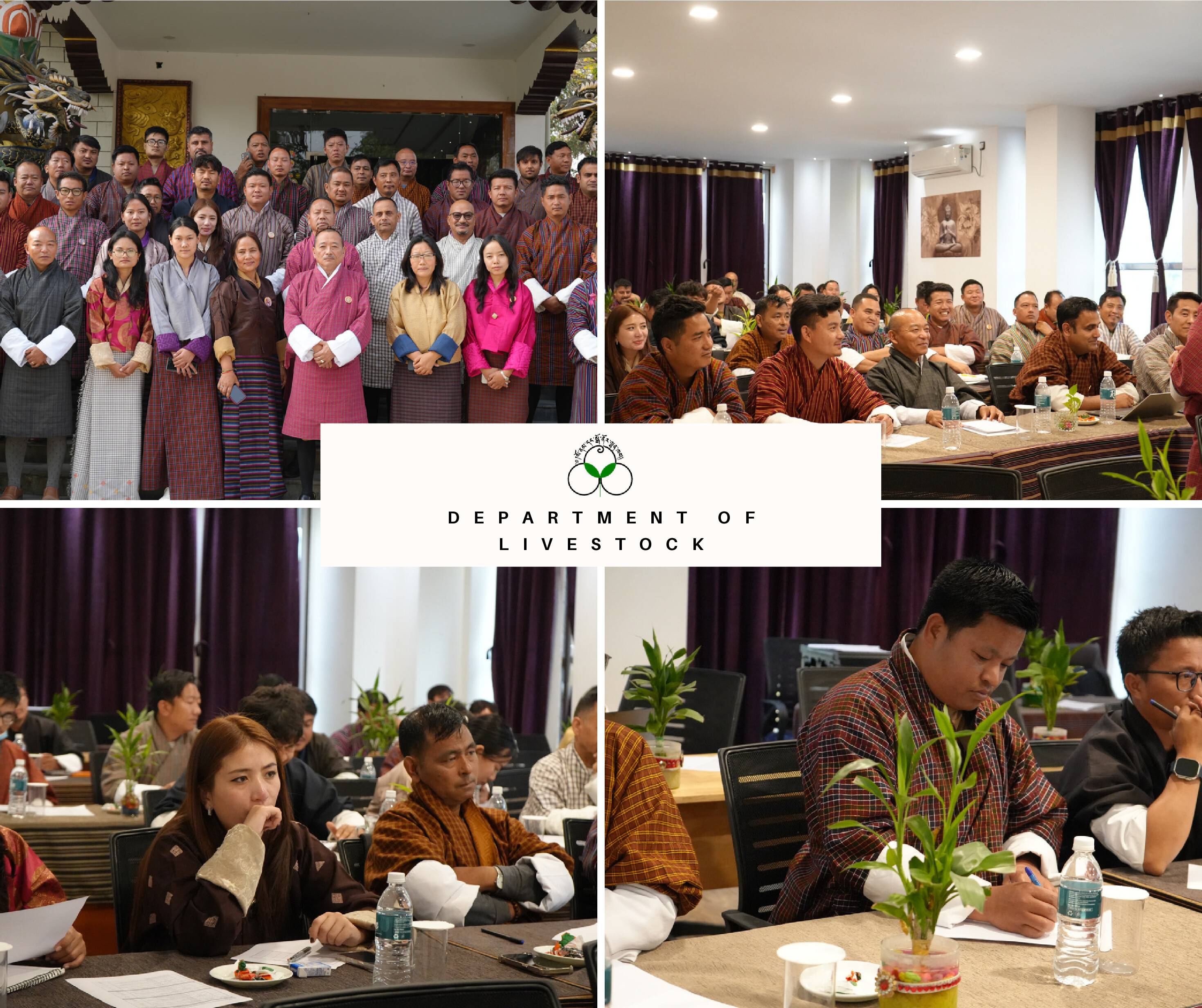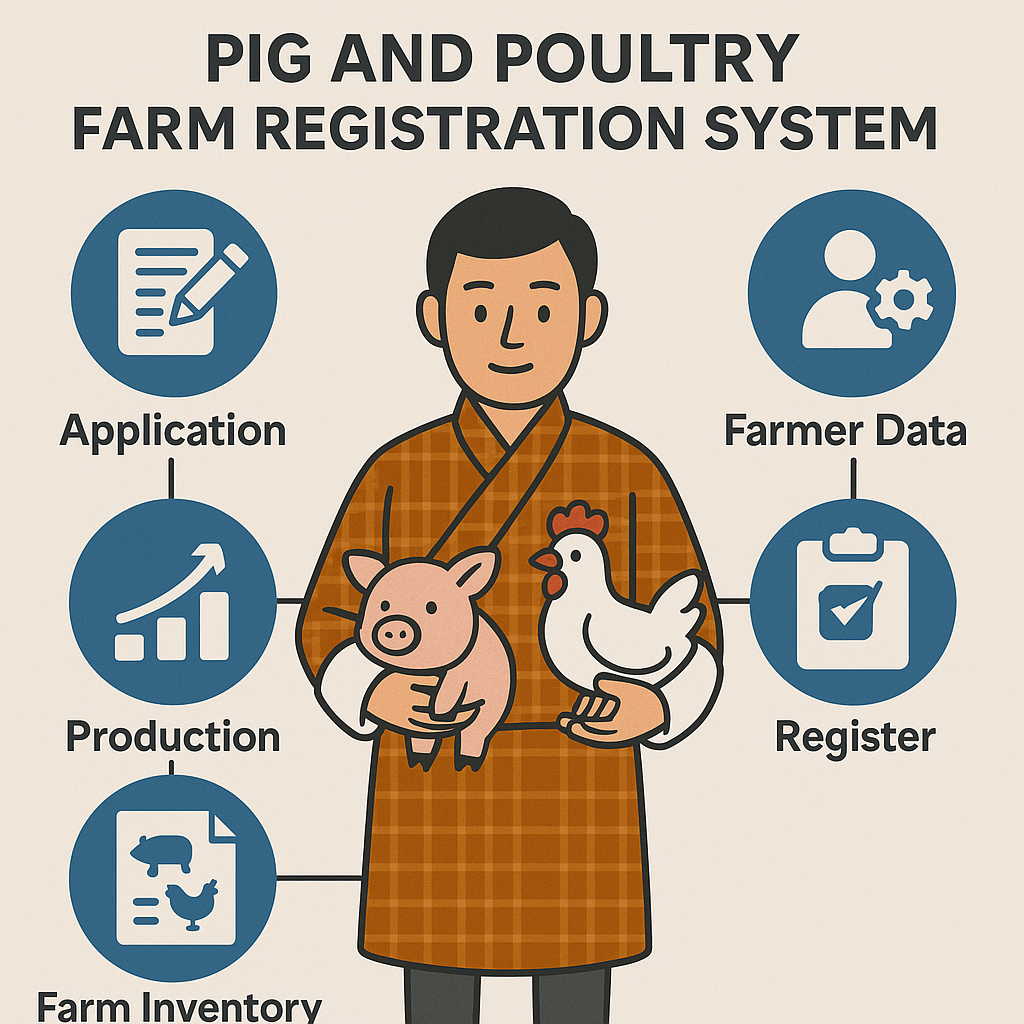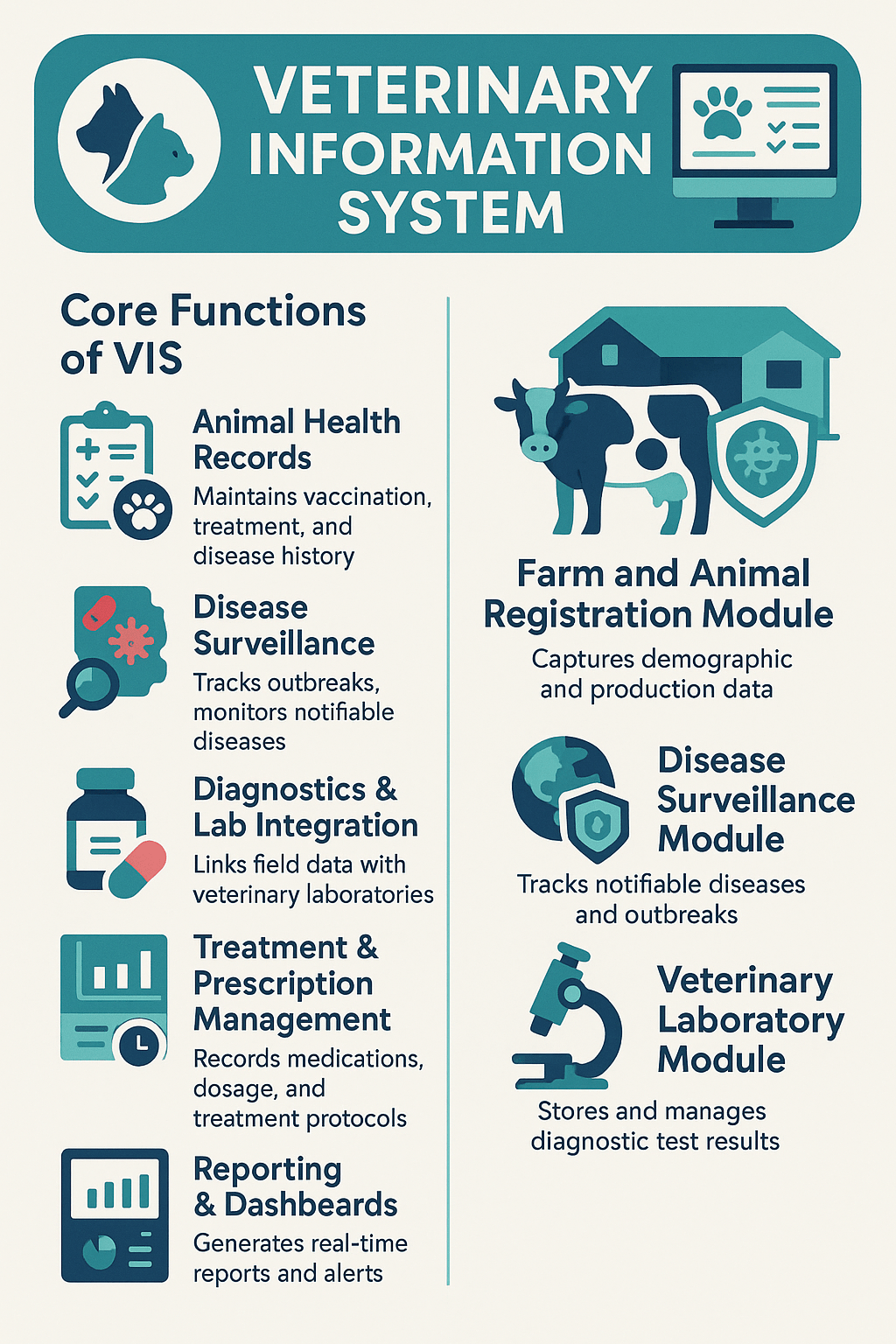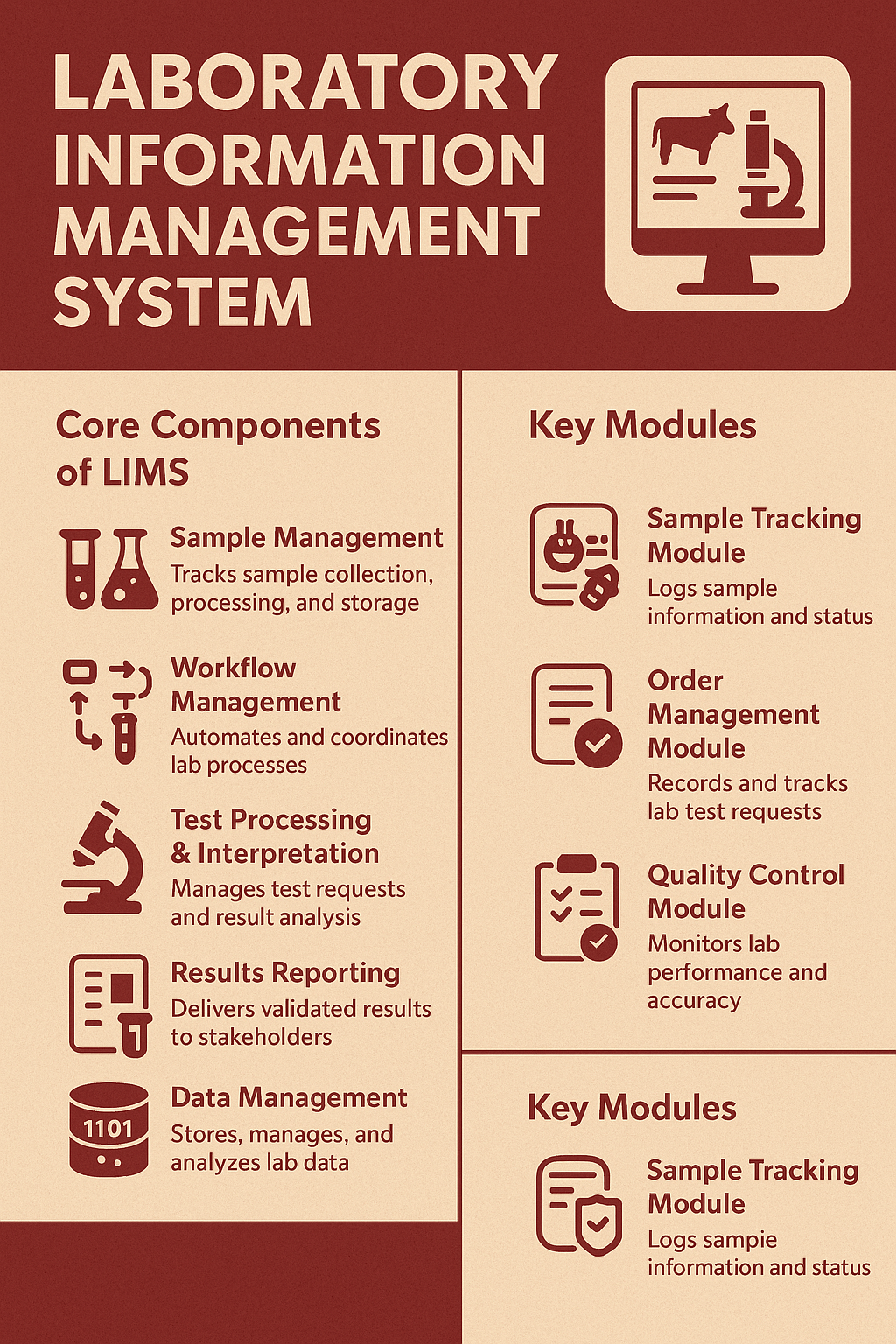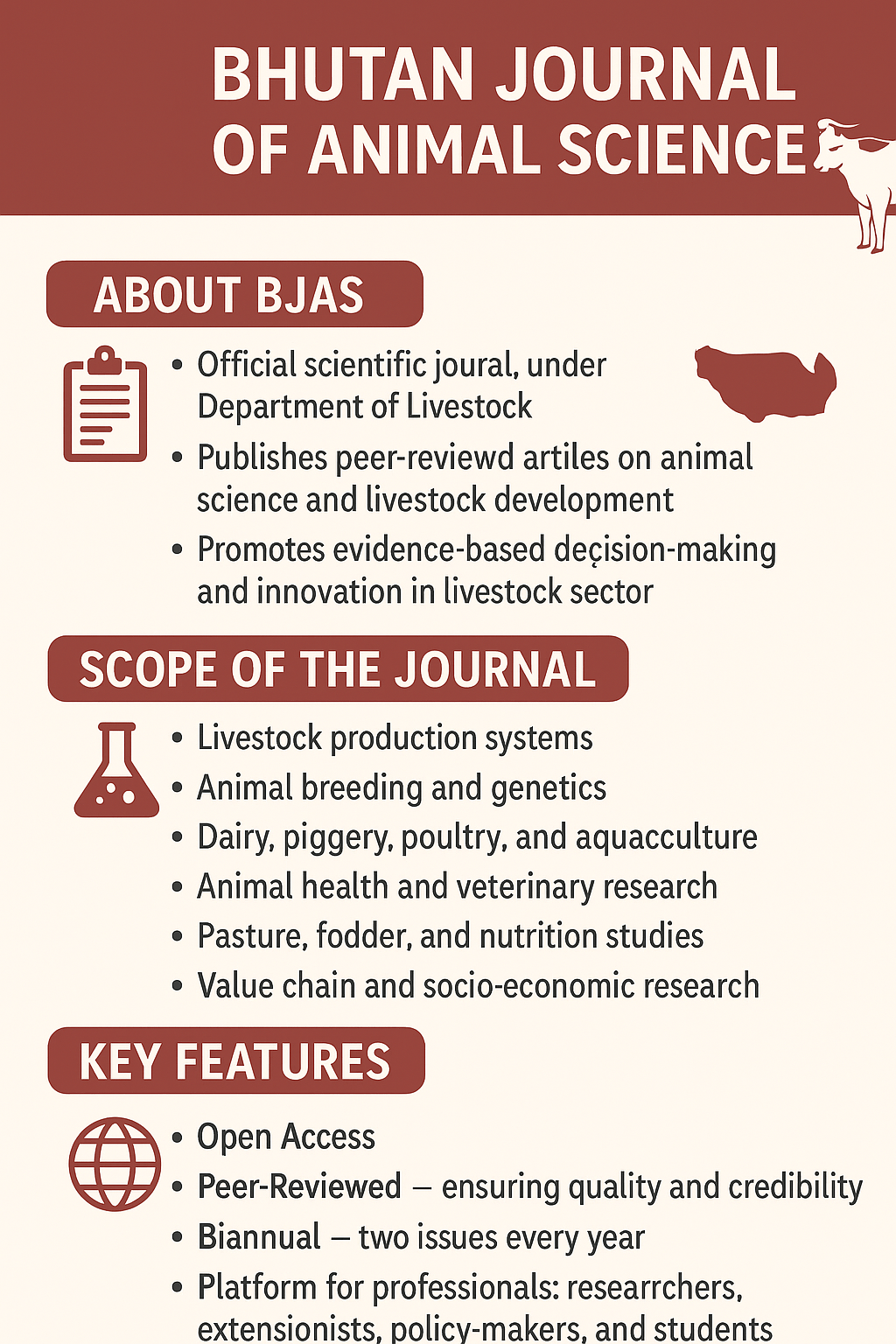![]()
Fifth Batch of Training Workshop on Greenhouse Gas (GHG) Inventory Conducted by the Department of Livestock
The Department of Livestock (DoL), under the Capacity Building Initiative for Transparency (CBIT) Project, is conducting its fifth batch of the four-day Training Workshop on Greenhouse Gas (GHG) Inventory from 9 to 12 February 2026 at Legphel, Phuentsholing. This workshop is designed to provide hands-on training in estimating GHG emissions from the livestock sector using the IPCC Inventory Software (Version 2.98). A central focus of the program is the importance of complete and high-quality data collection at the grassroots level, as reliable field data forms the foundation for transparent national and international reporting, effective planning, and evidence-based interventions.
The objectives of the workshop are to introduce participants to the concept of GHG inventory and its relevance to climate change reporting, to highlight the critical role of grassroots-level data collection and management in ensuring transparency and guiding sectoral planning, and to build capacity in the application of IPCC inventory tools for estimating GHG emissions from the livestock sector.
Expected outcomes include enhanced awareness of the role of GHG inventory in climate change mitigation and reporting, strengthened capacity for data collection and management to support decision-making and international reporting obligations, and improved technical skills in estimating GHG emissions using IPCC inventory software across districts.
The training workshop brings together livestock extension staff from seven districts – Haa, Paro, Samtse, Punakha, Wangdue, Gasa, and Thimphu alongside representatives from the Project Management Unit (PMU), CBIT projects, and staff from the DoL Headquarters.
This initiative, now in its fifth batch, represents a significant step toward strengthening national capacity for climate change reporting and advancing sustainable livestock development in Bhutan.
![]()

